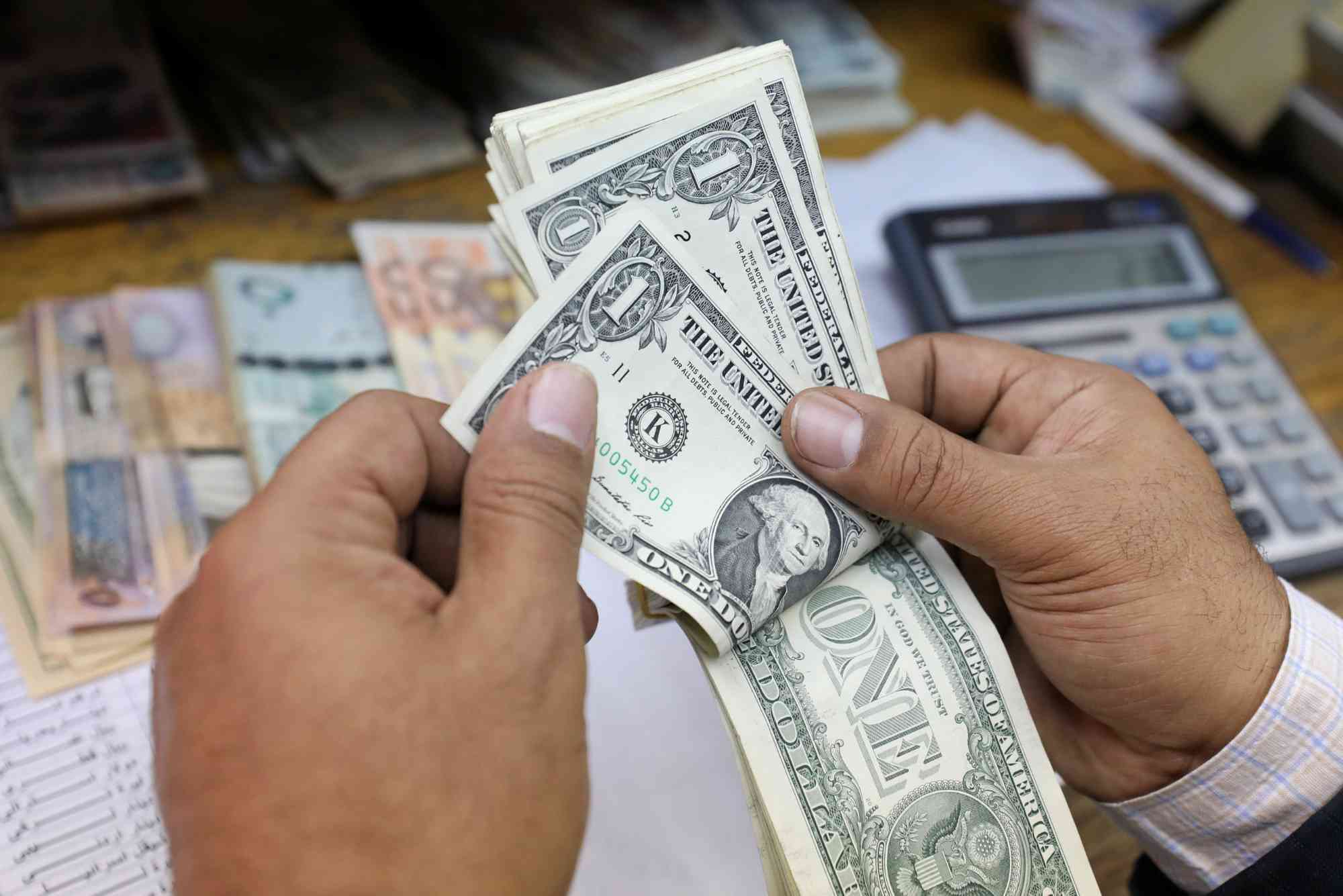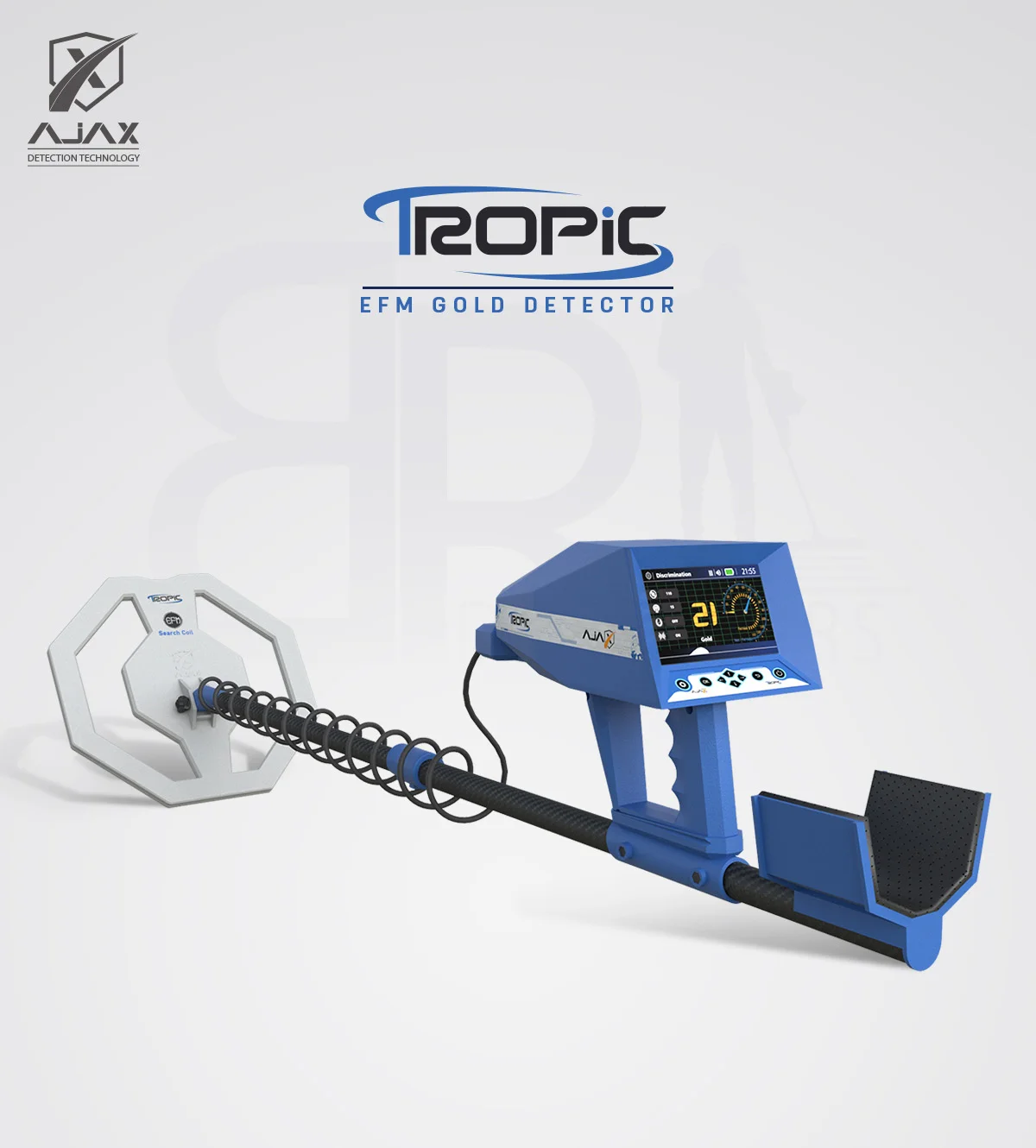Introduction
The CIB Egypt exchange rate has become one of the most closely monitored financial indicators in the country. For everyday Egyptians, it shapes the cost of imported goods, savings stability, and business growth. For crypto users, however, it carries an added layer of importance. The movement of the Egyptian pound against foreign currencies directly influences how investors convert funds, evaluate arbitrage opportunities, and manage their digital assets. Understanding these shifts is not only a matter of financial awareness—it is a survival skill for those navigating both traditional banking and crypto ecosystems.
This article explores how the CIB Egypt exchange rate affects crypto activity, what signals to watch, and why traders and investors should pay attention to Egypt’s broader monetary environment.
Why the CIB Egypt Exchange Rate Matters
The Commercial International Bank (CIB) is Egypt’s largest private bank and a leading authority in shaping public expectations about currency values. The CIB Egypt exchange rate is widely used by individuals, businesses, and traders to determine fair value when converting between Egyptian pounds and major currencies like the US dollar, euro, and British pound.
For crypto users, exchange rates are not only about fiat conversions. They influence the gateway between local currency and digital assets. Many traders rely on bank-linked transactions to fund crypto purchases or withdrawals, meaning fluctuations in CIB’s published rates ripple through the entire trading strategy.
The Link Between Exchange Rates and Crypto Activity
When the Egyptian pound weakens against the dollar, crypto often becomes more attractive as a store of value. Bitcoin and stablecoins such as USDT act as digital alternatives to holding physical dollars. Conversely, when the pound strengthens, demand for crypto may briefly dip as locals find it less urgent to seek currency hedges.
The CIB Egypt exchange rate therefore operates as a signal for local market sentiment. It informs traders whether they are entering a period of higher demand for crypto protection or a phase where liquidity might tighten. For investors who move between fiat and crypto frequently, even small fluctuations can alter the profitability of trades.
Key Factors Driving CIB Egypt Exchange Rate
Inflation and Monetary Policy
Inflation in Egypt has been running at elevated levels in recent years. To stabilize the pound, the Central Bank of Egypt often intervenes through interest rate adjustments. Each time this happens, banks like CIB adjust their published rates to reflect the new environment. Crypto users should keep an eye on inflation data, since rising inflation usually means more volatility in exchange rates.
Foreign Currency Reserves
Egypt’s reserves of dollars and euros play a vital role in defending the pound. When reserves are strong, banks like CIB can maintain stable conversion rates. However, when reserves shrink, pressure builds on the pound, often leading to sharp adjustments in the official exchange rate. Crypto traders may notice that during such times, demand for stablecoins surges as users look for safer alternatives.
Global Economic Conditions
The CIB Egypt exchange rate is not shaped only by domestic policy. International events such as rising US interest rates, oil price shifts, or geopolitical tensions also impact Egypt’s currency. Crypto investors who monitor these trends can anticipate how global shocks might spill into local exchange rates, creating opportunities or risks.
How Crypto Users Interact with Exchange Rates
Crypto users in Egypt operate within a hybrid system that bridges traditional banking with digital assets. Here’s how the CIB Egypt exchange rate enters into their strategies:
- On-Ramp Transactions: Many Egyptians use CIB accounts to deposit pounds before buying crypto through peer-to-peer platforms. The rate at the time of conversion sets the true cost of entry.
- Off-Ramp Transactions: When traders withdraw crypto gains and convert back to pounds, the bank’s exchange rate dictates how much local currency they actually receive.
- Arbitrage Moves: Some crypto traders monitor mismatches between the official CIB exchange rate and parallel market values. These gaps can create arbitrage opportunities, although they carry risks.
Because of these interactions, monitoring the bank’s daily rate is as essential for a crypto trader as checking Bitcoin’s chart.
Potential Risks for Crypto Traders
Crypto investors face a unique set of risks tied to the exchange rate environment. A sudden devaluation of the pound can boost crypto demand but also raise conversion costs dramatically. Similarly, if CIB imposes tighter restrictions on foreign currency access, users may find it harder to bridge funds into or out of crypto platforms.
Another risk is regulatory tightening. As Egypt continues to refine its stance on digital assets, banks may adopt stricter oversight on transactions linked to crypto. Any shift in CIB’s policy could amplify the impact of exchange rate fluctuations.
Opportunities in Volatile Times
While risks exist, volatility also brings opportunities. When the CIB Egypt exchange rate experiences sharp swings, savvy traders can capitalize on arbitrage between fiat and crypto. For instance, if the pound drops rapidly, those already holding dollar-pegged stablecoins often see an immediate gain in purchasing power.
Moreover, crypto offers Egyptians a hedge against currency instability. For long-term holders, digital assets provide a way to preserve value outside of local monetary challenges. Understanding the exchange rate helps investors decide when to buy or sell crypto in relation to their local currency position.
Strategies to Navigate Exchange Rate Shifts
Crypto users should adopt flexible strategies when tracking the CIB Egypt exchange rate. Regular monitoring of official bank updates, inflation trends, and central bank announcements is critical. Many traders set alerts to react quickly to sudden adjustments.
Diversifying between local currency, stablecoins, and other cryptocurrencies also helps reduce exposure to sharp moves. By balancing holdings, investors can avoid relying too heavily on any single currency.
Timing is another key factor. Buying crypto during relative pound strength can reduce costs, while selling into weakness can amplify returns. This requires constant attention, but for dedicated traders, the reward can be significant.
FAQs About CIB Egypt Exchange Rate
What is the CIB Egypt exchange rate today?
The rate changes daily depending on market conditions. Checking directly with the bank provides the most accurate figure.
Why does the CIB Egypt exchange rate change so often?
Rates move because of inflation, central bank policies, and international market conditions. These factors shift regularly, influencing the value of the pound.
How does the CIB exchange rate affect crypto prices in Egypt?
It does not change the global price of crypto but affects how much local traders pay when converting pounds to digital assets.
Can crypto protect Egyptians from exchange rate losses?
Yes, holding stablecoins or established cryptocurrencies can act as a hedge against pound devaluation, though risks remain.
Is the parallel market different from the CIB exchange rate?
Yes, the parallel market may show different values than official bank rates. Crypto users sometimes monitor both to find trading opportunities.
The CIB Egypt exchange rate is more than a banking figure—it is a financial compass for anyone navigating Egypt’s evolving economy. For crypto users, it shapes the cost of entering or exiting digital assets, influences arbitrage strategies, and signals broader market sentiment.
Keeping a close eye on daily rate changes, inflation, and central bank policies allows traders to stay ahead of the curve. Crypto offers powerful tools to protect against local currency instability, but success requires careful timing and informed decision-making.




